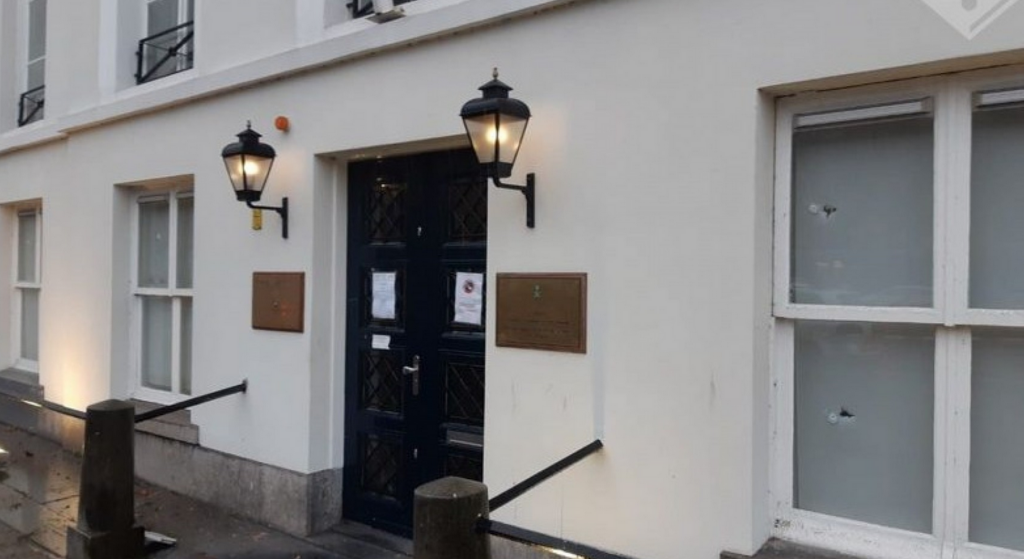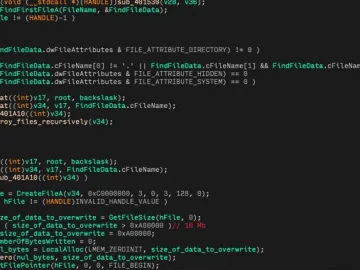Suspect to spend 4 years in prison for firing 29 bullets at Saudi embassy in The Hague

The suspect arrested on suspicion of firing gunshots at the Saudi Arabian embassy in The Hague was convicted on Friday. Mohamed A., 41, was sentenced to four years in prison, six years less than what prosecutors wanted. The prison term will be followed by mandatory psychiatric treatment in an institution. He was alleged to have fired 29 bullets at the embassy on Koninginnegracht at about 6 a.m. on November 12, 2020. He was also convicted in the attempted murder of a security guard.
The Zoetermeer man was fined last year for defacing the building. The court determined that A. wanted the embassy to grant him travel documents for a pilgrimage to Mecca, and he continued to carry out acts that went further and further when he did not get his way. He did it out of anger and revenge, the court concluded. It noted that he has a psychiatric disorder, and said he has “delusions of grandeur with a religious tint.”
The court in The Hague said there was sufficient evidence that A. shot at the embassy building. Surveillance footage from the shooting also shows his car, and the suspect’s DNA was found on one of the shell casings at the scene. He was arrested the afternoon of the shooting. Police also found gunshot residue on his jacket and sweater.
A guard who was at the building at the time of the shooting was feared for his life as the hail of bullets hit the building. He is still experiencing the psychological consequences of the violent incident. The facade of the building was under fire for 30 seconds. According to the court, the suspect must have been aware of the possibility that a guard would be present in the building. Bullet holes were also found in the room where the guard was stationed. https://9a7a14e07f12f525702adb7fc2aedbc5.safeframe.googlesyndication.com/safeframe/1-0-38/html/container.html
The court did not agree with the prosecutor’s claim that A. acted with terrorist intent. There was no indication that his purpose was to intimidate the Dutch population, the court ruled.
The Public Prosecution Service had recommended a prison sentence of ten years and mandatory psychiatric institutionalization. The prison sentence was lower because the court considered A.’s psychological disorder may make him less personally responsible for the incident. The imposed prison sentence is also lower because the terrorist allegation was deemed unproven.




















